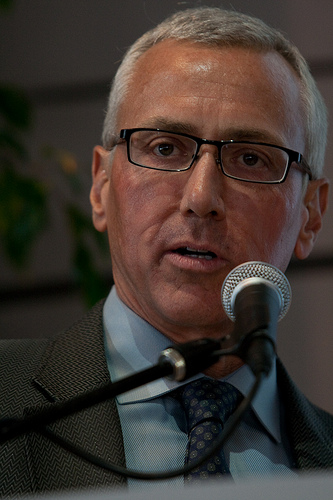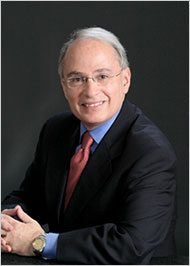
GlaxoSmithKline Admits to Criminal Pharma Fraud in 3 Billion Dollar Case
British registered company, GlaxoSmithKline, faces $3 billion in penalties after pleading guilty to the biggest health care fraud case in history. GSK admitted that physicians had been bribed to push potentially dangerous drugs in exchange for Madonna tickets, Hawaiian holidays, cash and lucrative speaking tours. They also admitted distributing misleading information regarding the antidepressant Paxil. The report claimed that it was suitable for children, but failed to acknowledge data from studies proving its ineffectiveness in children and adolescents.



